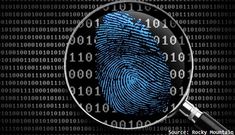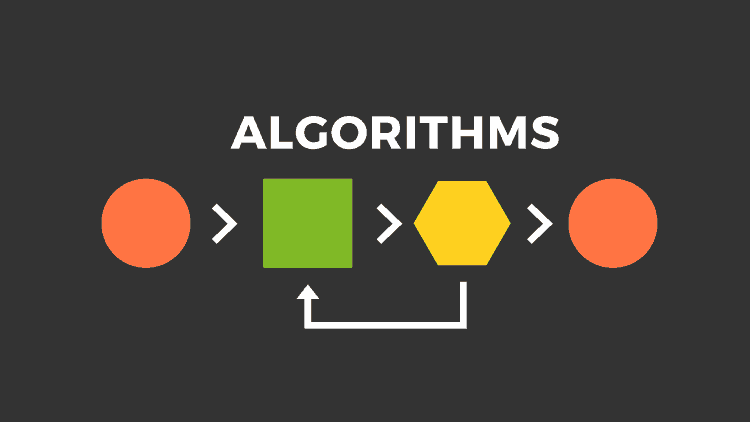Course Details:
The Information Technology program provides students with a comprehensive understanding of the principles and practices of computing and information technology. This program covers a range of topics including programming, databases, networking, cybersecurity, and web development.
Students will learn how to design, develop, and implement software systems, manage and secure networks, and create web applications. They will also gain a solid foundation in information technology management, which includes project management, IT governance, and IT service management.
This program emphasizes critical thinking, problem-solving, and teamwork. Students will work on individual and team projects, which will help them develop their technical and interpersonal skills. The program also provides students with opportunities to engage in internships, allowing them to apply their knowledge and skills in real-world settings.
Graduates of the Information Technology program will be well-equipped to pursue a variety of careers in software development, database administration, network administration, cybersecurity, and web development, among others. They will also be prepared to pursue advanced degrees in information technology or related fields.
Overall, the Information Technology program provides students with a strong foundation in information technology and prepares them for success in a rapidly evolving technological landscape.
Course Structure:
A Bachelor of Science (B.Sc.) in Information Technology can be earned after three or four years of study, respectively.
Most tutorials, classes, and lectures are delivered by staff who are tutors in their subject. Many are world-leading experts with years of experience in teaching and research. Some teaching may also be delivered by trained PhD students and early career researchers with hands-on research experience.
-
First Year Courses
- Core Courses (100%):
- Introduction to Information systems
- Elementary Mathematics I
- Elementary Mathematics II
- Statistical Inference
The courses listed on this page are illustrative and may change.
Assessment
- Continuous Assessment.
- Examination.
-
Second Year Courses
- Core Courses (90%):
- Computer Programming
- Web Computing
- Information Technology
- Information Technology in Business
- Software Engineering
- Database Management
- Human-Computing Interface (HCI)
The courses listed on this page are illustrative and may change.
Assessment
- Continuous Assessment.
- Examination.
-
Third Year Courses
- Core Courses (90%):
- Database Anslysis
- Data Structures and Algorithms
- Operating System
- Computer Organization and Architecture
- Web Application Development
- Web Server Administration
- Database Programming
- Network Security
- SIWES(Student Industral Training)*
The courses listed on this page are illustrative and may change.
Assessment
- Continuous Assessment.
- Examination.
-
Fourth Year Courses
- Core Courses (60%):
- IT Project Development
- Mobile and Pervasive
- Interactive Programming
- Mobile Application Development
- Mobile Development
- System Administration and Management
- System Integration and Architecture
- Project Work*
The courses listed on this page are illustrative and may change.
Assessment
- Continuous Assessment.
- Examination.
- Project Report.












